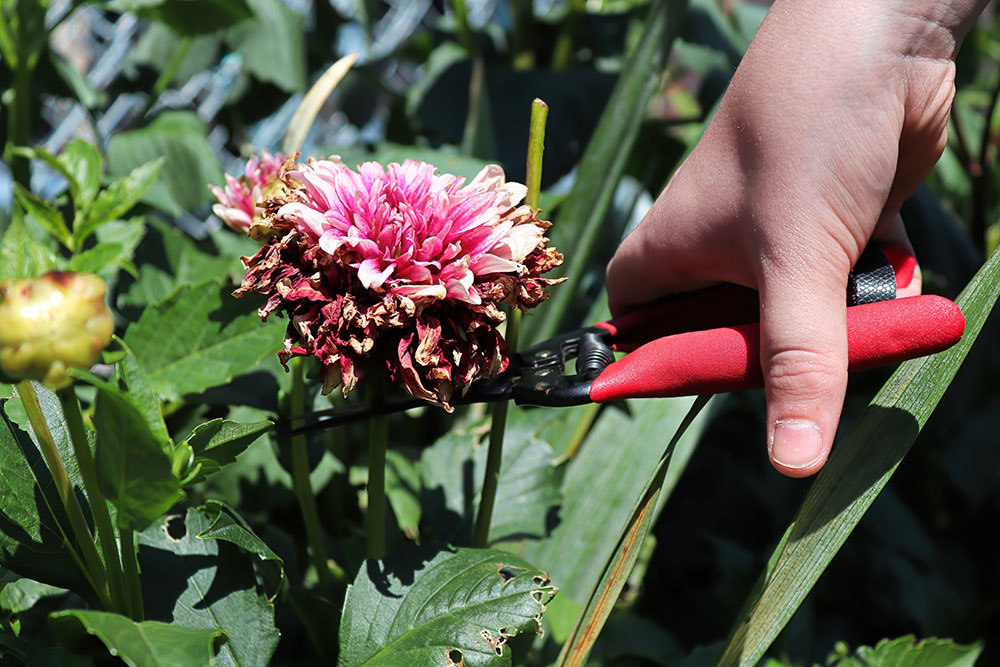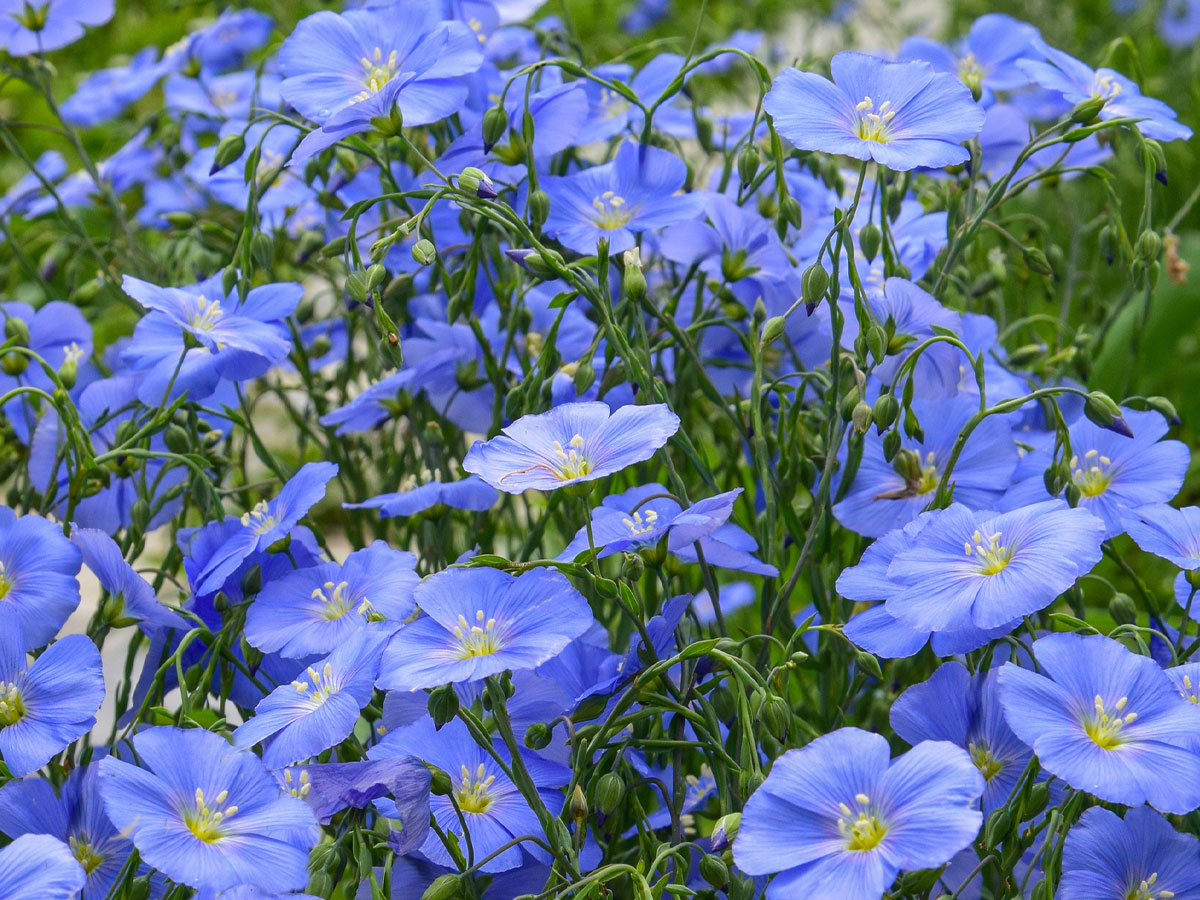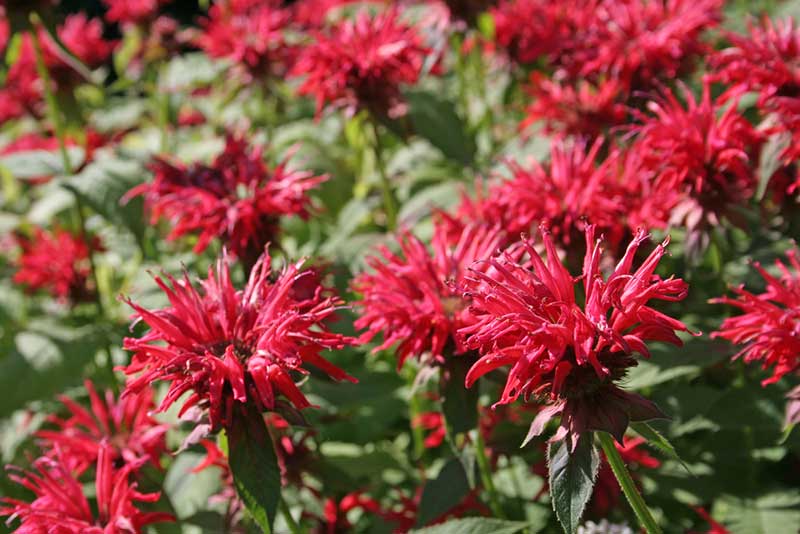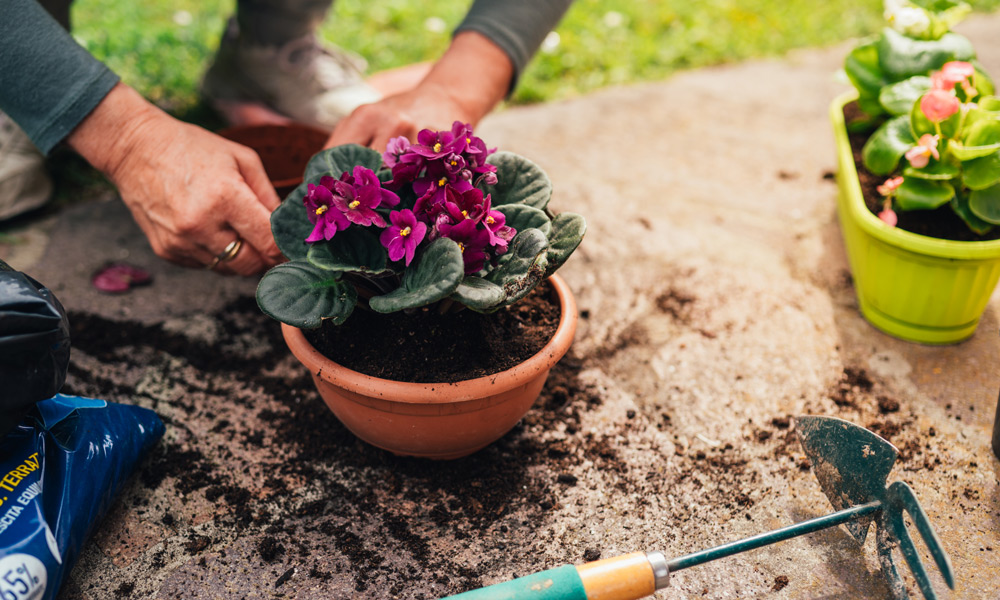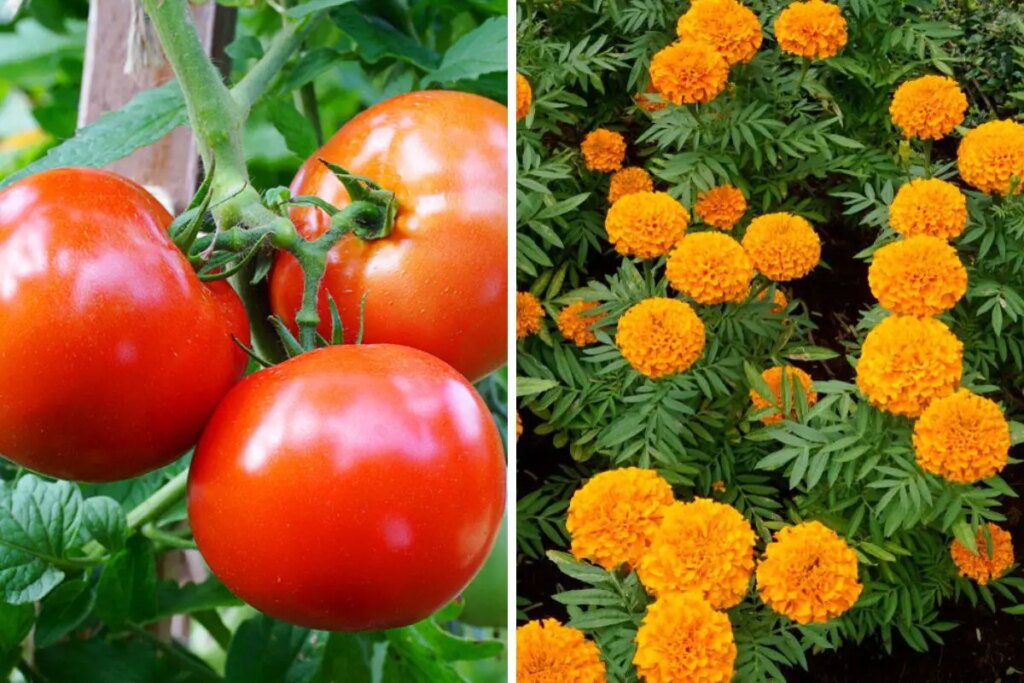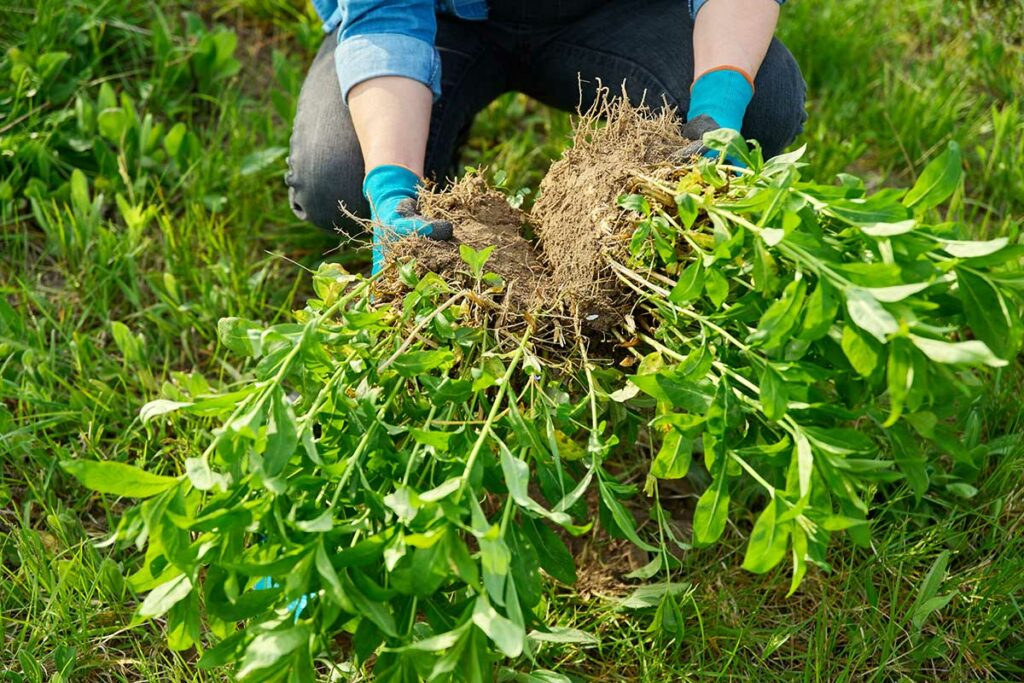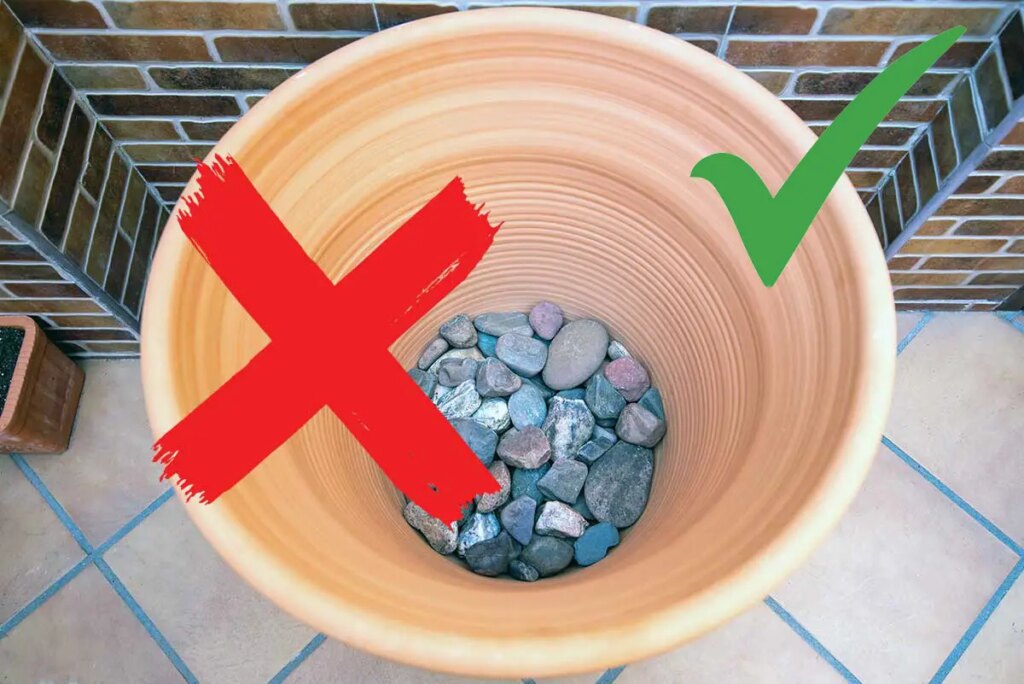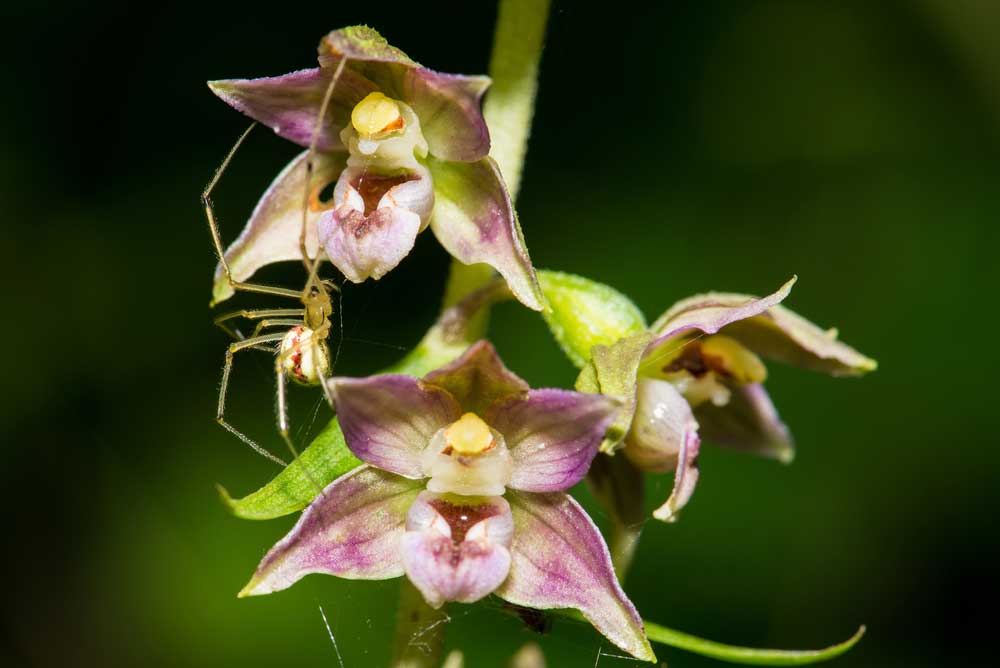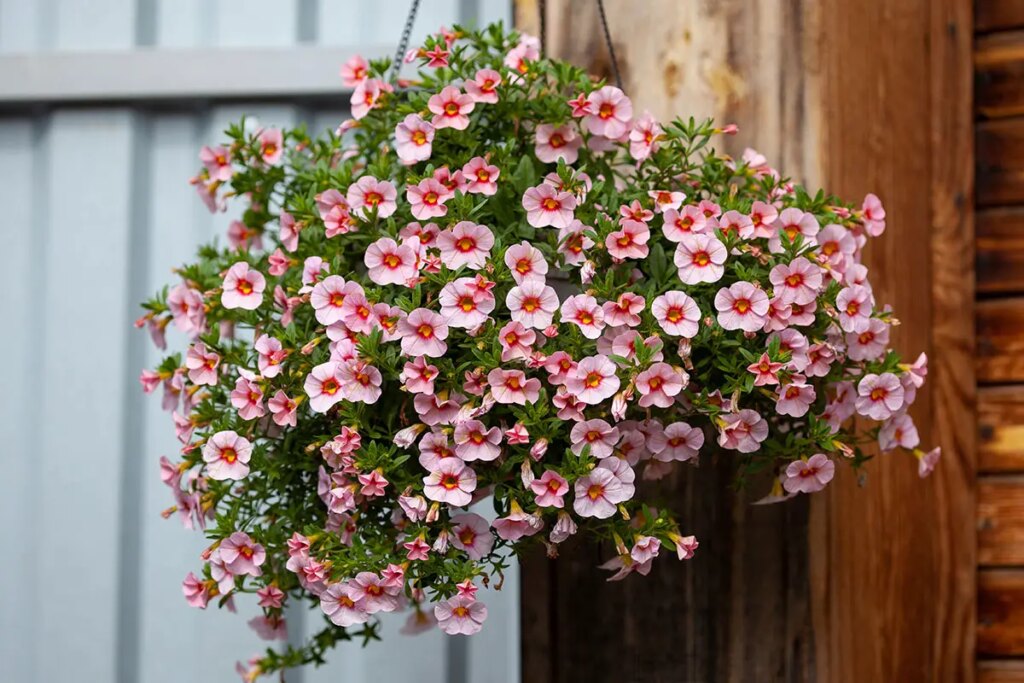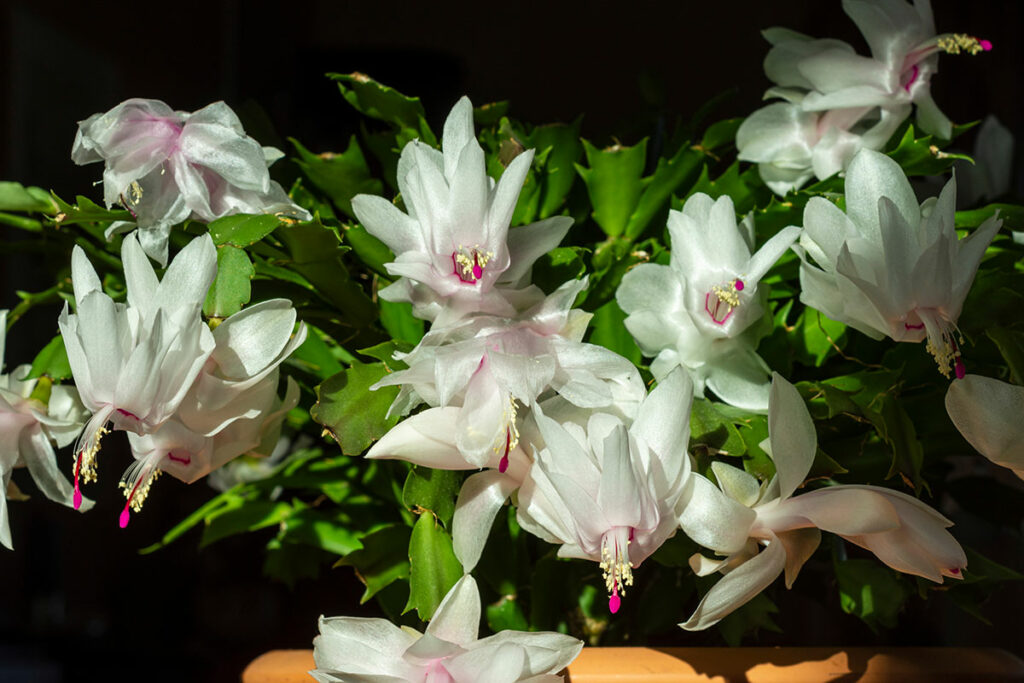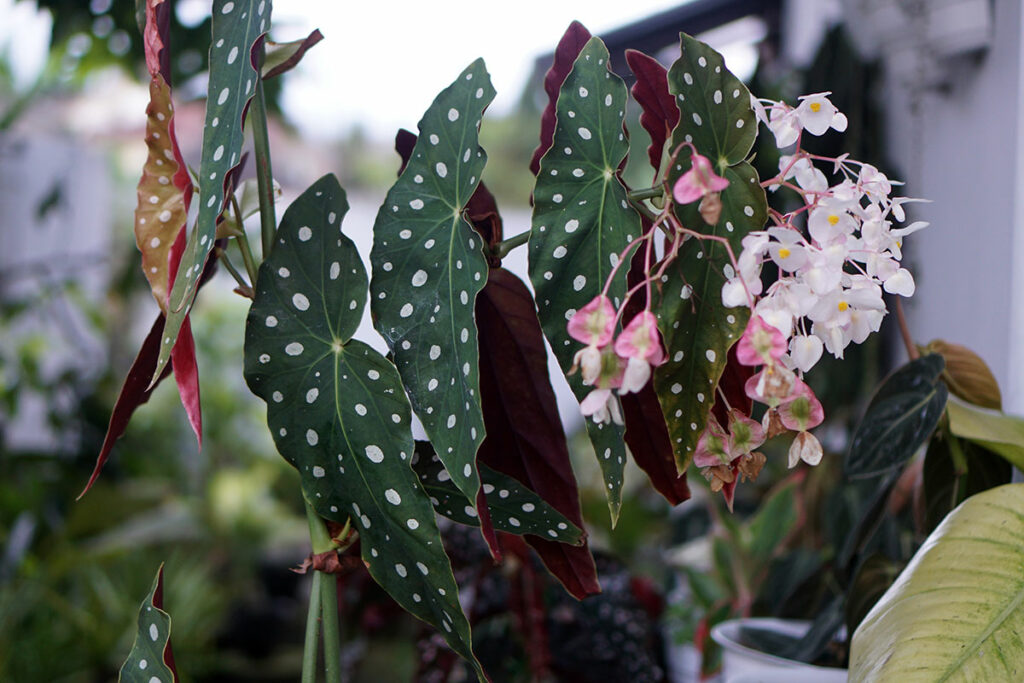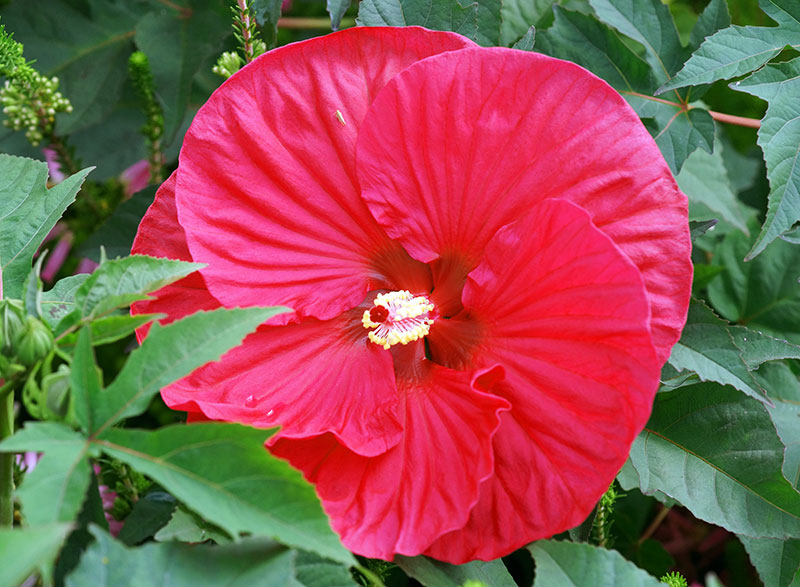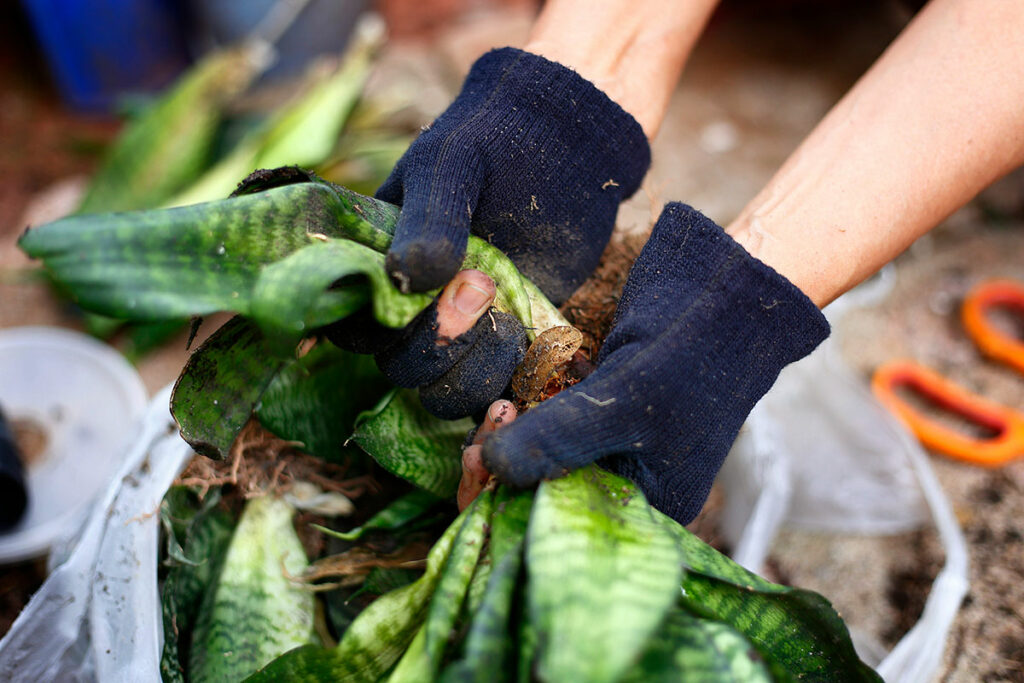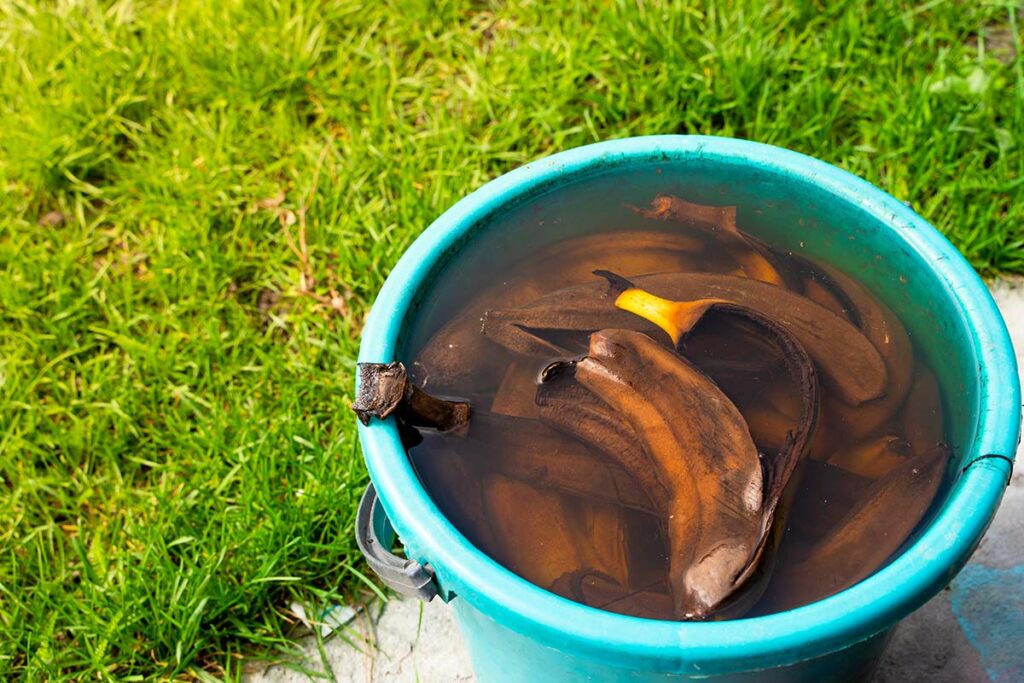
As a gardener, you might constantly search for ways to improve the growth and health of your plants. One method you might have heard about is using banana water for plants. But should you really consider it? Let’s delve into this topic and find out whether it’s worth the try.
Banana water is a liquid solution made by soaking banana peels in water for a period of time, allowing the nutrients to leach into the water.
This nutrient-rich solution can then be used to water your plants, potentially providing them with essential elements such as potassium, phosphorus, and other trace minerals.
While many gardeners swear by the benefits of banana water, it’s essential to understand how it works and if it’s suitable for your particular plants. Let’s explore the benefits of using this natural fertilizer and its potential impact on your plants’ growth and development.
What is Banana Water
Banana water is a natural liquid fertilizer made from fermented bananas. It is an eco-friendly and cost-effective way to provide essential nutrients to your plants. In this section, we’ll explore the production process and nutrient composition of banana water.
Production Process
To make banana water, follow these simple steps:
- Collect overripe bananas. They are high in sugar content, which encourages fermentation.
- Place the bananas in a container with water. The ratio is about 1:2, so for every cup of bananas, you need two cups of water.
- Cover the container with a cloth or lid to allow air circulation but keep insects out.
- Let the mixture ferment for about a week. Stir it daily to speed up the process.
- After a week, strain the liquid and discard the banana solids.
- Dilute the banana water before using it on your plants. Use a 1:10 ratio, mixing one part banana water with ten parts regular water.
Nutrient Composition
Banana water is rich in nutrients essential for plant growth. Some of the key nutrients include:
- Potassium (K): Helps plants develop strong roots, improves resistance to diseases, and plays a critical role in flower and fruit formation.
- Phosphorus (P): Vital for the development of roots, flowers, and fruits. It also aids in energy transfer within the plant.
- Calcium (Ca): Strengthens cell walls and improves nutrient uptake.
- Magnesium (Mg): Essential component of chlorophyll, which enables photosynthesis.
- Sulfur (S): Vital for the production of proteins, enzymes, and vitamins.
- Micronutrients: Banana water also contains trace amounts of other essential micronutrients like iron, manganese, zinc, and copper.
Keep in mind that banana water may not provide all the nutrients needed for optimal growth. You should still use other forms of fertilization or organic matter to maintain your plants’ overall health. Also, consider testing your plant’s soil for nutrient deficiencies to determine if banana water is a suitable solution.
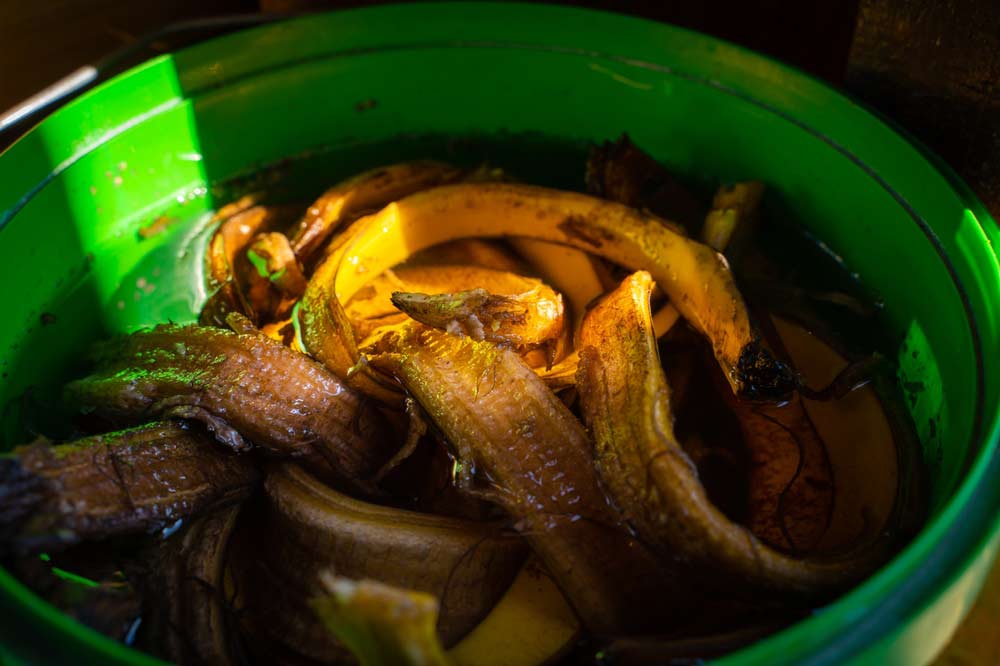
Benefits of Banana Water for Plants
Banana water can be a great addition to your gardening routine. In this section, we’ll explore the benefits of using banana water for plants, focusing on its ability to boost growth and improve soil health.
Boosts Growth
Using banana water for your plants can help promote their growth. This is because bananas are packed with essential nutrients such as potassium, phosphorous, and magnesium, which are beneficial for plant growth and development. When you soak banana peels in water, these nutrients are released into the liquid, creating a nutrient-rich solution you can use to water your plants.
As a result, you’ll likely notice an improvement in your plants’ growth rates and overall health. The potassium in banana water, in particular, plays a crucial role in strengthening plant cell walls and enhancing the plant’s ability to effectively absorb other nutrients.
Improves Soil Health
Another benefit of using banana water for your plants is that it enhances the quality and health of the soil. Adding this nutrient-rich solution to your garden can help improve soil structure by increasing moisture retention and promoting the presence of beneficial microorganisms.
Furthermore, the nutrients in banana water can contribute to a healthier soil environment. This in turn will lead to stronger plants with a more robust root system, better able to withstand external factors like pests and changing weather conditions.
In summary, incorporating banana water into your gardening activities offers multiple benefits. From promoting growth to enhancing soil health, this friendly solution is worth considering for your plants.
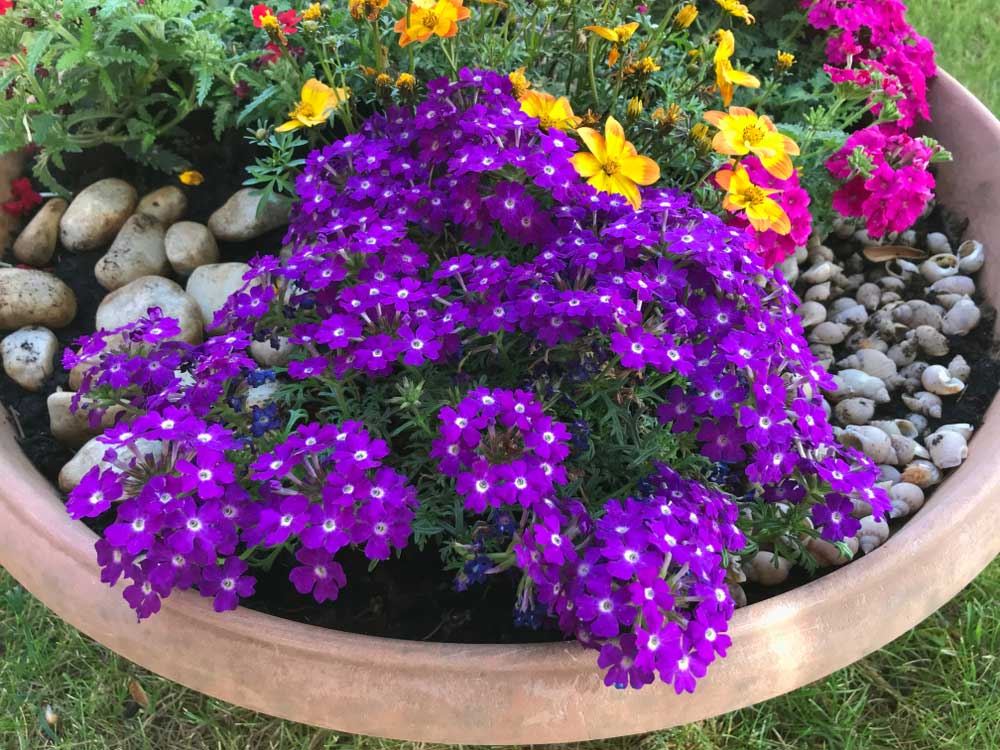
How to Use Banana Water for Plants
Banana water is a popular homemade fertilizer that provides essential nutrients to your plants. In this section, we will discuss the dilution ratio and application frequency for using banana water on your plants.
Dilution Ratio
To make banana water, simply soak banana peels in water for a few days. However, it’s important to get the dilution ratio right before applying it to your plants. Here’s a simple guide to follow:
- For outdoor plants: Mix 1 part banana water with 5 parts regular water. This should create a solution with a 1:5 ratio.
- For indoor plants: If your plants are more sensitive, you may want to use a more diluted solution. Mix 1 part banana water with 10 parts regular water, creating a 1:10 ratio.
Application Frequency
It’s essential to apply banana water to your plants at the right frequency to avoid over-fertilization. Here’s a general guideline based on the type of plant:
- For flowering and fruiting plants: Apply banana water every 2 weeks during the growing season. This helps to support healthy growth and promote blossoms and fruit development.
- For foliage plants: It’s best to apply banana water once a month. This ensures the plants receive a steady supply of nutrients without overwhelming their growth.
Remember to be patient and observe your plants. Adjust the application frequency and dilution ratio as needed based on their response to the banana water.
Comparison with Other Plant Fertilizers
Banana water can be an excellent natural alternative to chemical plant fertilizers. Let’s compare it to a few popular ones to help you understand how it can benefit your plants.
Banana water vs. synthetic fertilizers: Synthetic fertilizers are formulated to contain all the necessary nutrients plants need for optimal growth. Although they work quickly, they may have some disadvantages. Overuse can lead to nutrient imbalance in the soil and may harm beneficial soil organisms, while leaching into water sources can cause pollution. On the other hand, using banana water provides essential nutrients like potassium and phosphorus in a more sustainable, eco-friendly way. However, it might not supply all the micronutrients your plants require.
Banana water vs. compost tea: Both banana water and compost tea are natural, organic options for fertilizing your plants. Compost tea is made by soaking compost in water to extract the nutrients. It provides a wide range of nutrients and beneficial microbes that foster healthy soil and plant growth. While banana water primarily offers potassium, compost tea supplies a more balanced mix of macro and micronutrients. If your plants specifically need a potassium boost, banana water may be the better choice.
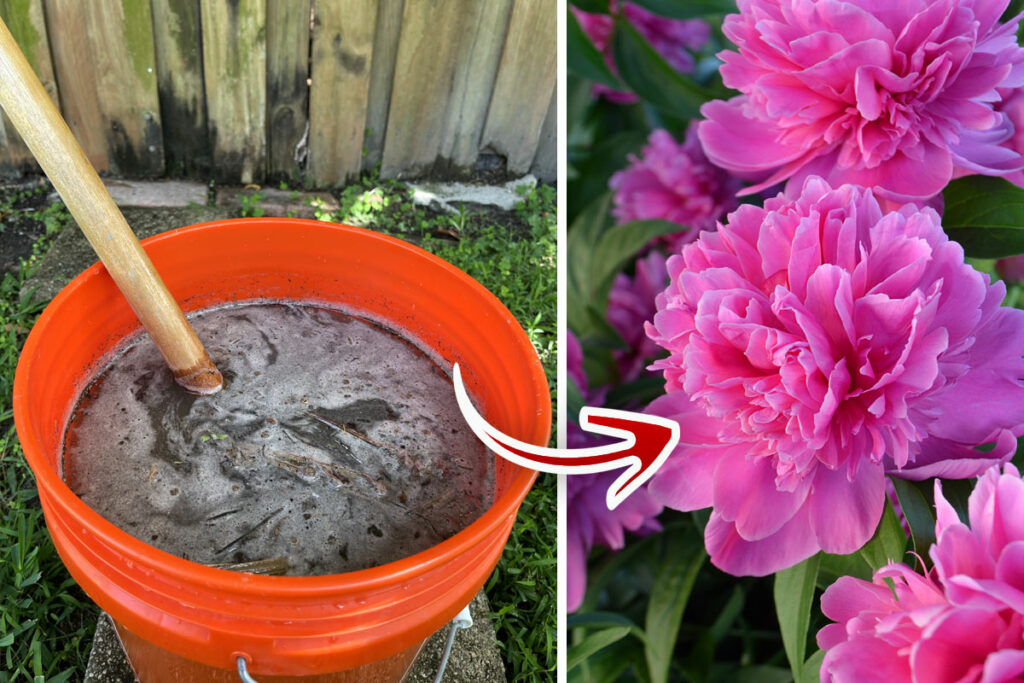
Banana water vs. worm castings: Worm castings are another popular organic fertilizer. Rich in nutrients, enzymes, and beneficial microbes, they can improve soil structure and promote healthy plant growth. However, worm castings may be harder to source and more expensive than making your own banana water. While worm castings provide a more comprehensive range of nutrients, banana water might be the better option if you seek a simple, low-cost potassium supplement.
In summary, banana water can be a good option for adding potassium and phosphorus to your plants. It’s a sustainable and environmentally friendly choice compared to synthetic fertilizers.
But, remember that it might not provide all the necessary nutrients, so you may need to combine it with other fertilizer options to ensure your plants get everything they need for overall healthy growth.
Potential Drawbacks and Precautions
Over-Fertilization
Although banana water can provide plants with essential nutrients, using too much might lead to over-fertilization. Over-fertilization can harm your plants’ roots, causing them to become weak or even die. To prevent this issue, be sure to:
- Dilute the banana water properly; don’t make it too concentrated.
- Apply the mixture sparingly; avoid over-saturating the soil.
- Observe your plants for signs of stress, like yellowing leaves or poor growth.
Pests and Diseases
Using banana water for your plants can inadvertently attract pests and diseases. The sweet scent of the banana water might draw fruit flies, ants, or other insects to your garden. To minimize this risk, you can:
- Store the banana water properly; keep it in a closed container.
- Clean up the area after applying the mixture; remove any debris.
- Monitor your plants and act quickly if you notice pests or signs of illness.
Remember, using banana water as fertilizer is a great way to give your plants essential nutrients while recycling kitchen waste. Be mindful of the potential drawbacks and take precautions to keep your garden healthy and thriving.
FAQ
Will banana water in plants attract bugs?
Using banana water for your plants may attract some bugs, but it’s not a sure thing. The sweet smell of ripe bananas might lure insects like fruit flies or ants. To minimize the risk of attracting bugs, you can dilute the banana water with regular water. Also, make sure to apply the banana water directly to the soil and not on the plant’s foliage.
What is the best homemade fertilizer for indoor plants?
There are several options for homemade fertilizers that you can use for your indoor plants:
- Coffee grounds: Rich in nitrogen, coffee grounds can benefit your plants by improving the soil’s texture and nutrient content. Simply sprinkle used coffee grounds on the soil or mix them in when repotting.
- Eggshells: Crushed eggshells add calcium to the soil, which is essential for healthy cell walls and root development. Rinse and crush eggshells, then sprinkle them on the soil or mix them in when repotting.
- Fish tank water: If you have an aquarium, the water is full of nutrients that your plants will love. Aside from using as is, you may also dilute it with regular water.
- Epsom salt solution: A solution made from 1 tablespoon of Epsom salt dissolved in 1 gallon of water can provide your plants with magnesium and sulfate, which help in seed germination and photosynthesis.
Remember to use these homemade fertilizers in moderation and observe how your plants respond. Adjust the frequency and amounts accordingly to meet your plants’ needs.

